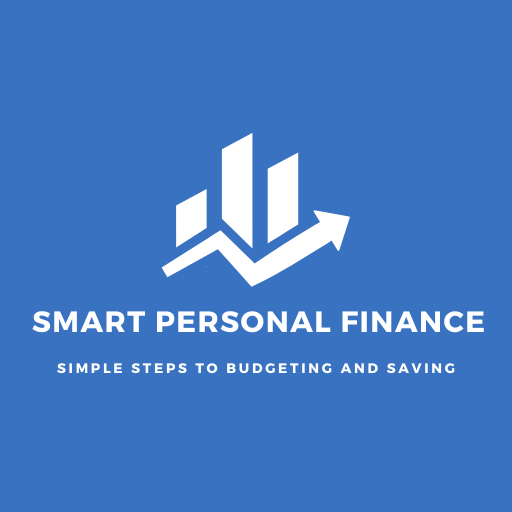Beginning your financial journey can be daunting, but the cornerstone of financial wellness is as simple as creating a budget and sticking to it. So, if you’re new to the world of budgeting, here’s a step-by-step guide to help you take control of your finances and start building a secure future.
**Understand Your Income**
The first step in budgeting is knowing how much money you bring in each month. Gather all your income sources, whether it’s your salary, freelance income, or any other earnings. Knowing your net income, the amount you take home after taxes and deductions, is crucial as this is the money you have available to allocate.
**Track Your Expenses**
Now, it’s time to list all your monthly expenses. Start with fixed expenses, such as rent, insurance, and subscriptions, which remain consistent each month. Then, record variable expenses like groceries, entertainment, and clothing, as these costs may fluctuate. Tracking your spending for a month will give you an accurate picture of where your money goes.
_Tip: Use budgeting apps or spreadsheets to categorize and track expenses effortlessly._
**Create a Realistic Budget**
Devise a budget that aligns with your current financial situation. Allocate money to essential expenses first, ensuring these are covered. Then, set aside amounts for variable expenses, trying to keep these within a reasonable limit. Remember, your budget should be adaptable, allowing for occasional treats while prioritizing savings.
**Set Short and Long-Term Savings Goals**
Identify what you’re saving for. Short-term goals may include an emergency fund or a vacation, while long-term goals might be buying a house or retirement. Having specific savings targets keeps you motivated.
**Review and Adjust Regularly**
Budgeting is an ongoing process. Regularly review your spending and budget to ensure you’re on track. This might mean cutting back on non-essential spending for a particular month or finding ways to increase your income to meet your goals faster.
**Start Saving and Investing**
Once you’ve adjusted your spending habits to accommodate your budget, you can begin building savings. Consider investing, even if it’s a small amount, to grow your wealth over time.
Budgeting is a foundational aspect of financial health, and by starting early, you’re setting yourself up for financial success. It may require some discipline and adjustments, but the long-term benefits are worth the effort.

